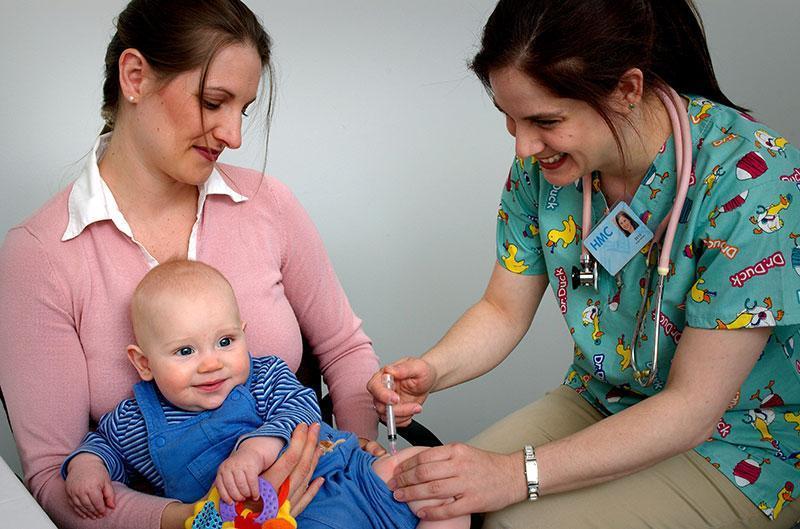
File photo
The World Health Organization (WHO) is “worried” about the increasing anti-vaccination movement in Turkey, according to Director of the Division of Health Emergencies and Communicable Diseases Dr. Nedret Emiroğlu.
Emiroğlu said the organization has seen an increasing number of groups “misleading” the public about the effects of vaccines, leading them to concerns that the trend may shake their trust in getting vaccinated.
“Vaccines are one of the most effective and economical health interventions that save millions of people every year from diseases, disability, and death. Together with antibiotics, vaccines have added 20 years to the human life span,” Emiroğlu, a medical doctor with 30 years of national and international experience, told daily Hürriyet on June 1.
According to the doctor, most parents in Turkey and other countries are aware of the benefits of vaccination, but the WHO is worried about “the spread of wrong information on vaccines and how this may lead to public distrust regarding vaccinations.”
“Unfortunately, we are observing an increase in the number of these groups, which are causing confusion in people’s minds and affecting people’s health through wrong information,” she said.
Emiroğlu said they needed to understand the factors that cause some parents to “hesitate” from getting their children vaccinated and tackle these by conveying “the right information” to parents. “All of the scientific evidence clearly shows vaccines are one of the most effective and trustworthy protective forms of intervention, and there are no alternatives,” she said.
The Turkish doctor also emphasized the importance of vaccines in preventing measles.
“Although measles are no longer an issue in two thirds of European countries, last year, we observed a major measles epidemic in some countries in the region. In the first two months of this year, European countries notified us of 11,000 measles cases. To prevent this disease from spreading further and to increase vaccinations, we are working in tight cooperation with countries affected from such diseases,” she said.
Some vaccines contain aluminum, which has led some experts to claim this creates health risks. However, the majority of experts have rejected those claims, arguing that the aluminum level in vaccines is low and not hazardous.
In December last year, the Turkish Health Ministry issued a statement and assured that vaccines used in the country were “extremely safe” and underwent very “tight checks” in an attempt to comfort parents about the safety of vaccines.